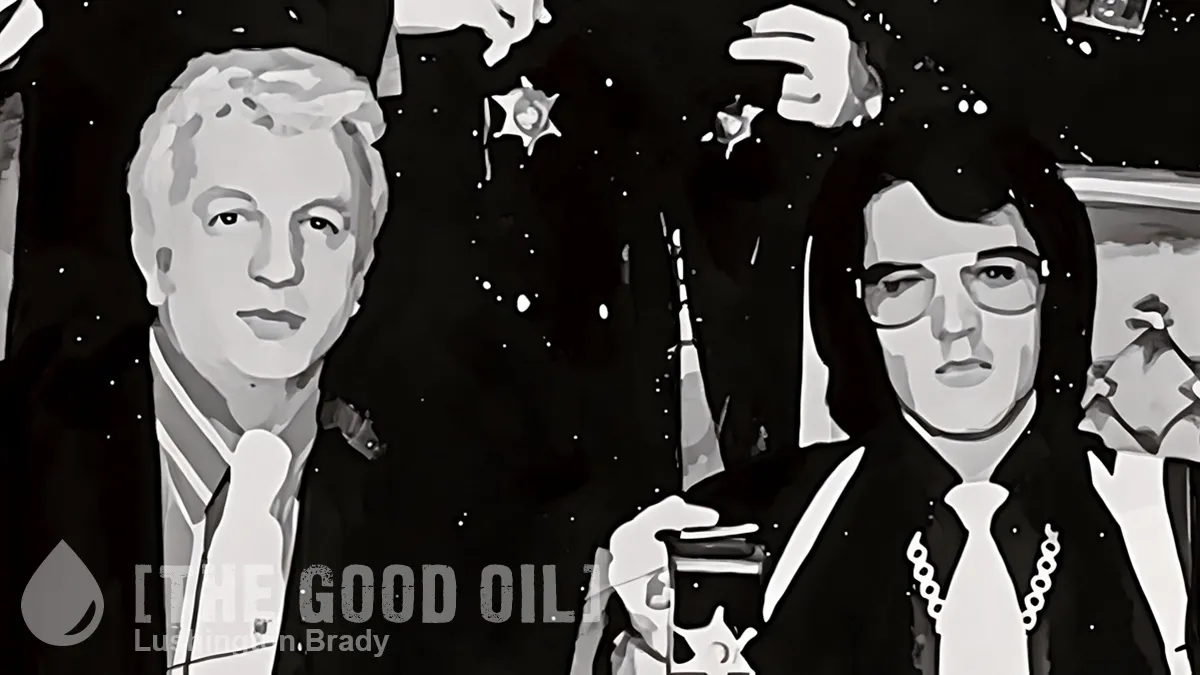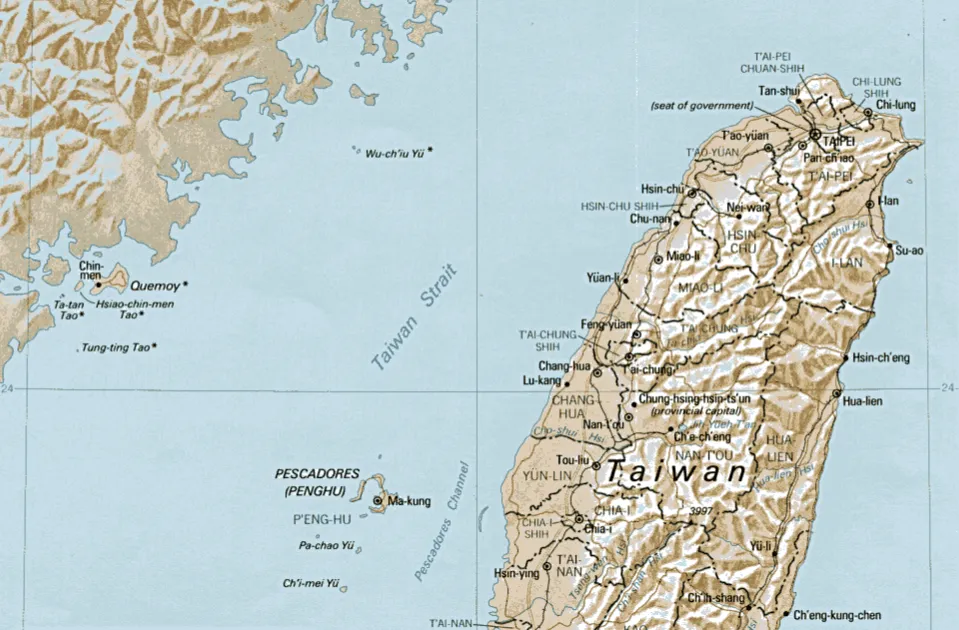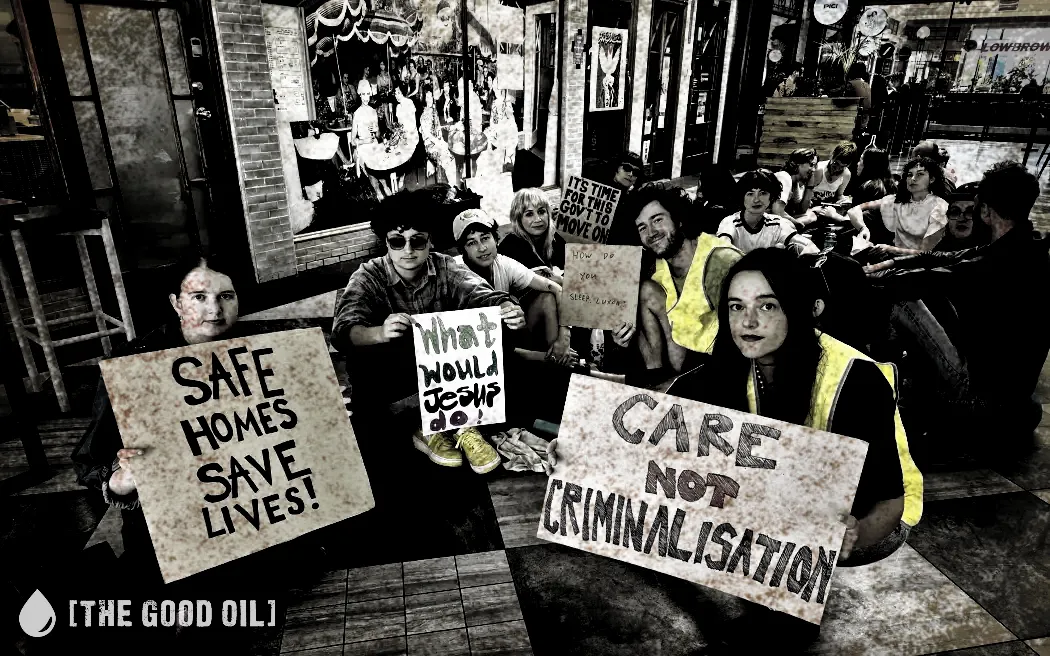Table of Contents
Every time a socialist experiment collapses into ruin, repression and starvation, the invariably well-fed, bourgeois enthusiasts of socialism in the West chirp, “But that’s not real socialism!”
The latest object lesson is Venezuela. Just over a decade ago, Venezuela was the latest cause celebre for the left. Socialists the world over lauded president Hugo Chávez. In 2013, a claque of Australia’s most prominent, die-hard leftists penned a fawning open letter inviting Chávez to Australia as “a spokesperson for peace and social justice”.
Now, with Chávez dead and Venezuela not far behind him, they indignantly deny that Chavismo was even socialism at all.
Rivero Felipe is Venezuelan – and he is here to tell the socialism denialists that it really was socialism that killed Venezuela.
To understand the current disaster in Venezuela, you have to understand Chavismo.
When talking about Chavismo, many people imagine it is Hugo Chávez. Although he was the supreme leader, there were actually other people (and groups) who created the doctrine that Chavismo would follow. And they would apply in their policies.
The ideologues behind Chavismo include hardcore Marxist Jorge Giordani, the Fundación Francisco de Miranda, a radical communist forum which trained in Cuba and Gaddaffi’s Libya, and Spanish communists Alfredo Serrano Mancilla, Pablo Iglesias and Juan Carlos Monedero.
In Venezuela, due to Chavismo, the most radical policies were implemented in Venezuela […]
All this combination of characters and groups shaped the political doctrine of Chavismo.
This doctrine had three fundamental points:
• Transform Venezuela from a capitalist country to a socialist one
• Convert Venezuela as the base to unify all Latin America under a socialist system.
• Convert Venezuela into an alternative to neoliberalism and Yankee imperialism.
These objectives, as well as the policies necessary to implement them, were expressed in the “Homeland Plan”.
Los “Planes de la patria” (the Homeland Plan) were the equivalent to The five-year plans of the Soviet Union, Cuba or Communist China.
Chavismo embraced a set of policies, laws and actions devised to implement socialism in Venezuela. These were the standard grab-bag endorsed by socialist revolutionaries from the Soviet Union, to Nazi Germany and Fascist Italy: nationalisation of key industries and banking, land confiscation and collectivisation, replacing private businesses with “worker cooperatives”, price controls, state-controlled education, and so on.
Now, the question: Did Chavismo apply all these policies?
Answer: yes:
Apologists for socialism often try to claim that two-thirds of Venezuela’s economy was still privately-owned under Chávez. But this is a misleading argument because, it ignores that the first aim of Chavismo was nationalisation of key industries. Oil, for instance, was by far Venezuela’s biggest earner (it’s now importing oil). This is the strategy known as “taking the eyes of the peacock”.
In fact, the defence easily blows back on the would-be socialists: it shows how even a modicum of socialist control is enough to ruin a country.
Some of the key industries nationalised by Chavismo include:
Agroisleña now known as Agropatria, It was the main supply company for the agriculture industry, in addition to being one of the main food distributors in Venezuela. was nationalized in 2010
It should be said, since this nationalization, agricultural production of Venezuela has fallen by 45% and has never recovered[…]
La Electricidad de Caracas (The Electricity of Caracas), the largest energy company in the country, was nationalised in 2007[…]in 2019 there was a national blackout; the entire country was in the dark for 4 days.
Today there are regions that need to last up to weeks without electric light.
In September 2011, Chávez announced that he had nationalized Conferry, the largest commercial shipping company in Venezuela.
Conferry, a family business that had been operating since the 1950[…]Now all the ships of the company are scrap metal, they are no longer in the condition needed to be used for maritime transport.
As invariably happens in socialist countries, collectivisation leads directly to cronyism and failure.
The Chavismo created government agency called SUNDDE, its initials translated from Spanish would be: National Superintendency for the Defense of Socioeconomic Rights.
The main objective of this agency is to control the prices of the country’s goods and services, the distribution of food and the fulfillment of Chavismo’s production goals.
This agency can close companies and arrest people […]This agency also imposed trade controls within the country. This means that a company can only sell its products within a limited geographical area.
Venezuela’s communes were also used as tools of social control.
To identify opponents of the regime, indicate who can receive state aid, who is granted permits from permits to marry to build.
Of course, those who are loyal to Chavismo are those who receive all kinds of permits.
Collectivisation is a siren call for states with large peasant populations, because they hold out the promise of economic opportunity. This was the base of Chávez’s undeniable electoral popularity. In practice, though, the collectives in Venezuela fared no better than they did in the Soviet Union or China.
During Chavismo, more than 120 000 cooperatives were created. Many of these cooperatives were born from small and medium-sized companies that went bankrupt due to price and production control policies.
The government seized all these failed companies and turned them into worker cooperatives.
With the agrarian reform of Chavismo hundreds of farms were nationalised at first.
Then many of them turned into peasant cooperatives. Also from transport companies to medical services companies that went bankrupt or were nationalized by Chavismo.
They turned them into cooperatives.
For 2019 it was estimated that only 2,000 cooperatives were left standing, of the 120,000 that existed at the time.
You can continue naming more nationalisations and socialist / communal policies that have been applied during the 20 years of Chavismo in Venezuela.
Another excuse leftists trot out is that it was US President Trump’s oil embargo which crippled Venezuela’s economy, not socialism. Yet, Trump did not impose a significant embargo until early 2018, long after Venezuela’s economy had spectacularly collapsed.
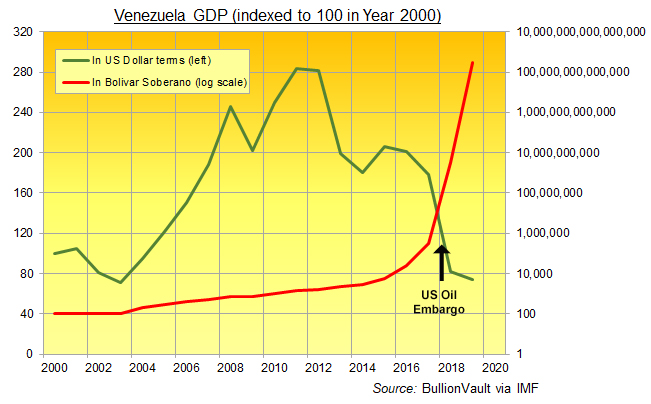
Chavismo devised a doctrine to implement socialism in Venezuela. In their 20 years of government they applied that doctrine without problems.
So yes, the attempt to build socialism in Venezuela ruined the country.
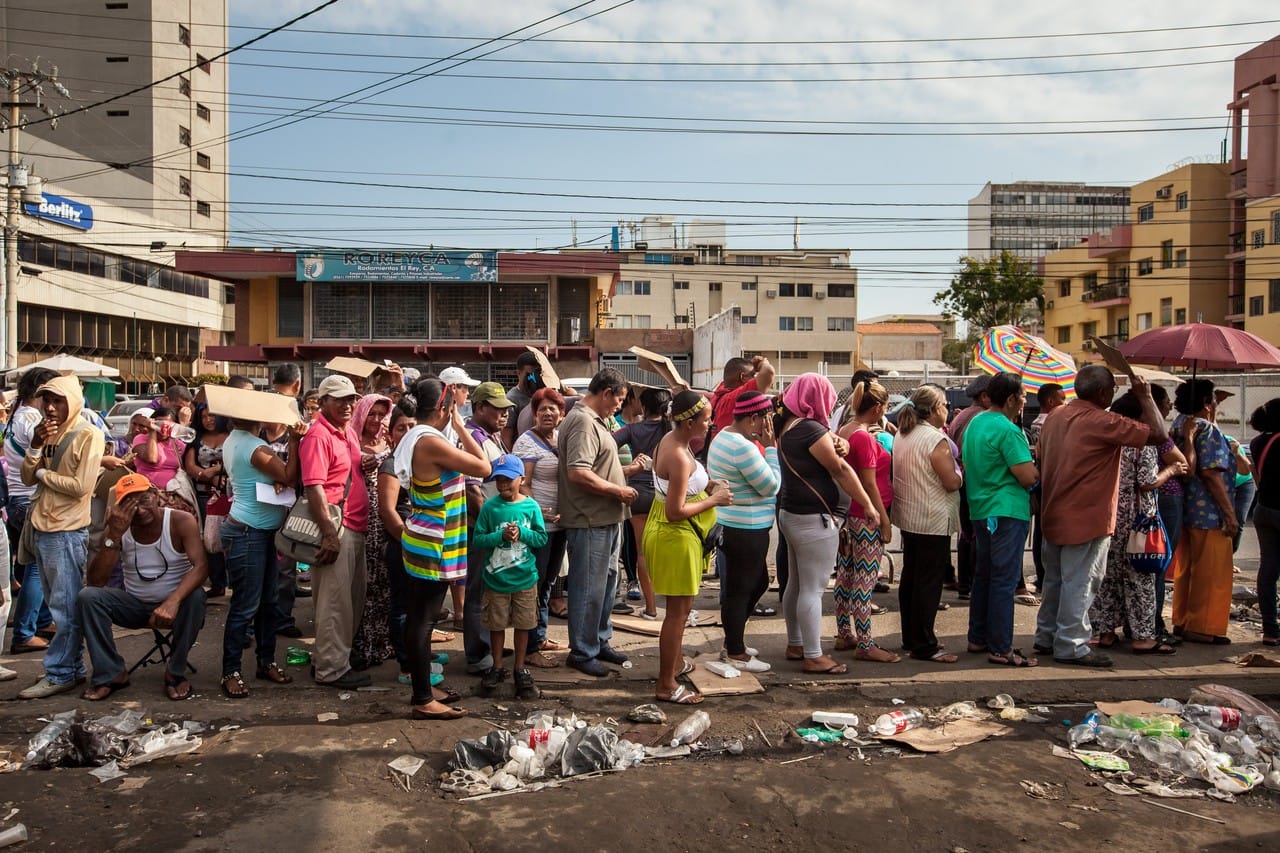
If you enjoyed this BFD article please consider sharing it with your friends.


